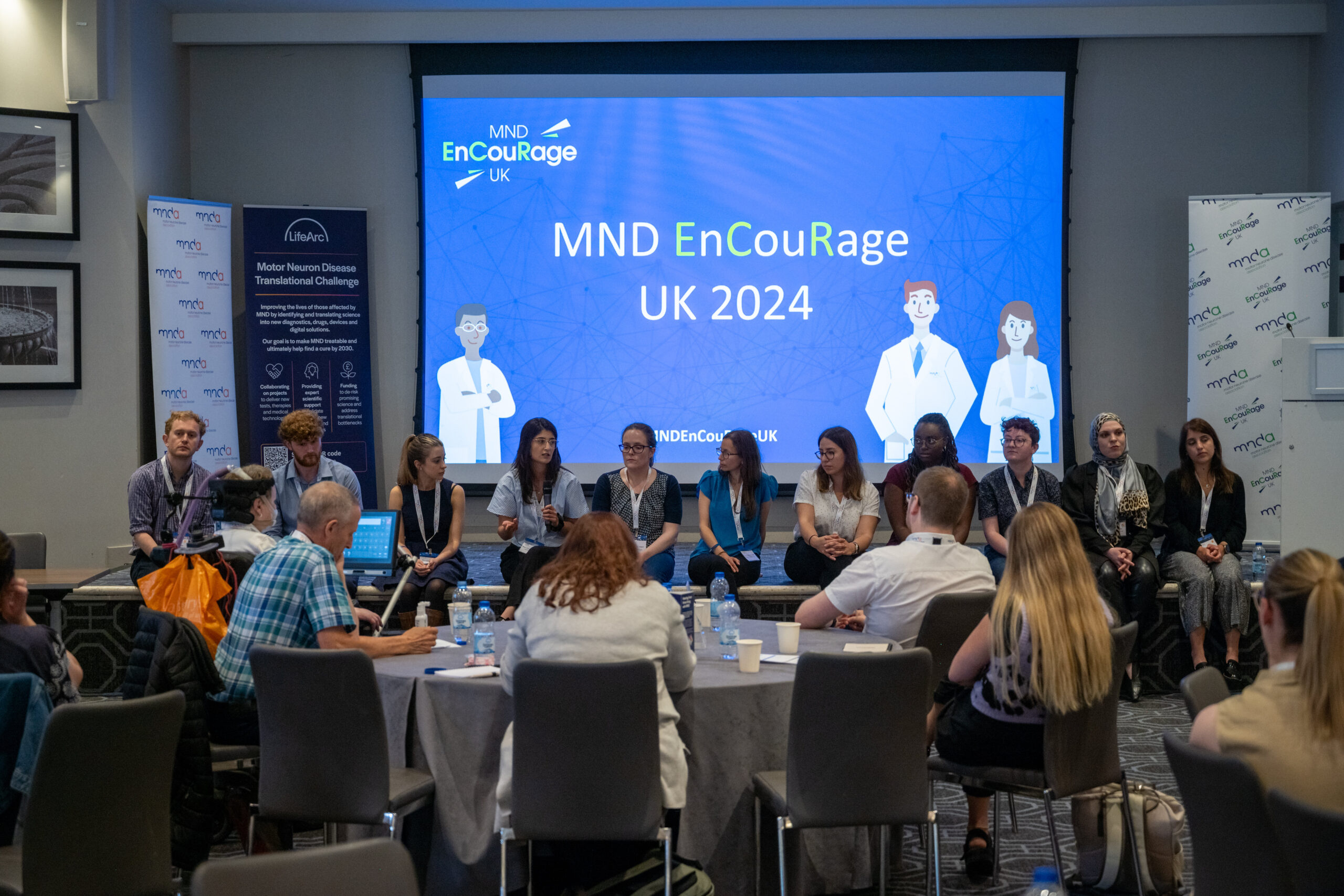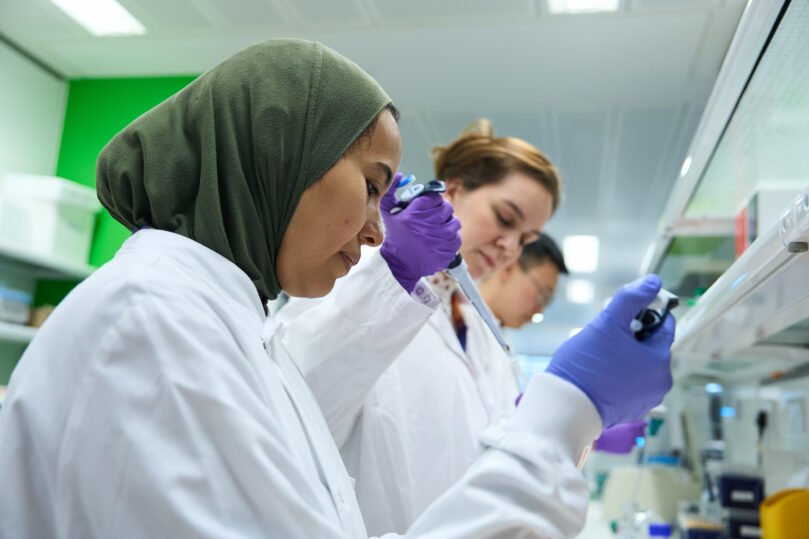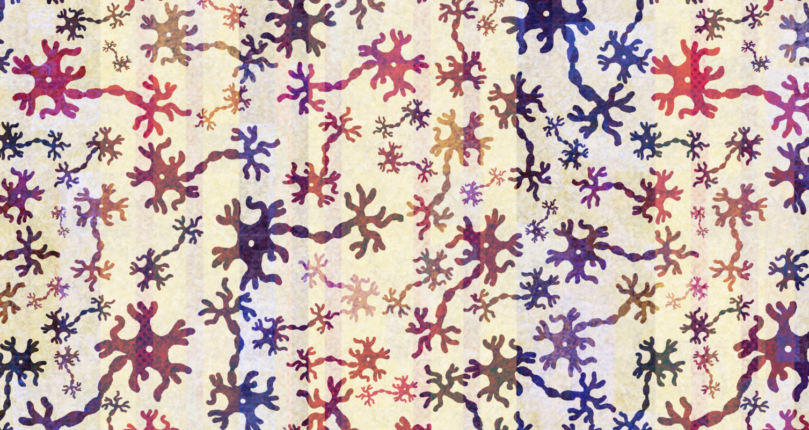
Advancing Psychological Support for People with MND: The COMMEND Study and iDeliver
Reading Time: 5 minutes While we work hard for a cure, it is essential we support those living with MND now. Professor Chris McDermott, Professor of Translational Neurology at the University of Sheffield, trial co-lead Maintaining quality of life and supporting psychological well-being are critical for individuals living with MND. However, there has been very little research on how…









